Jean-Baptiste Say
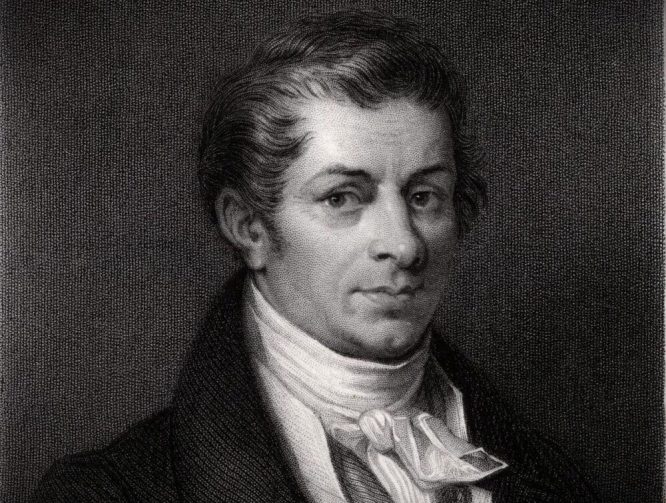

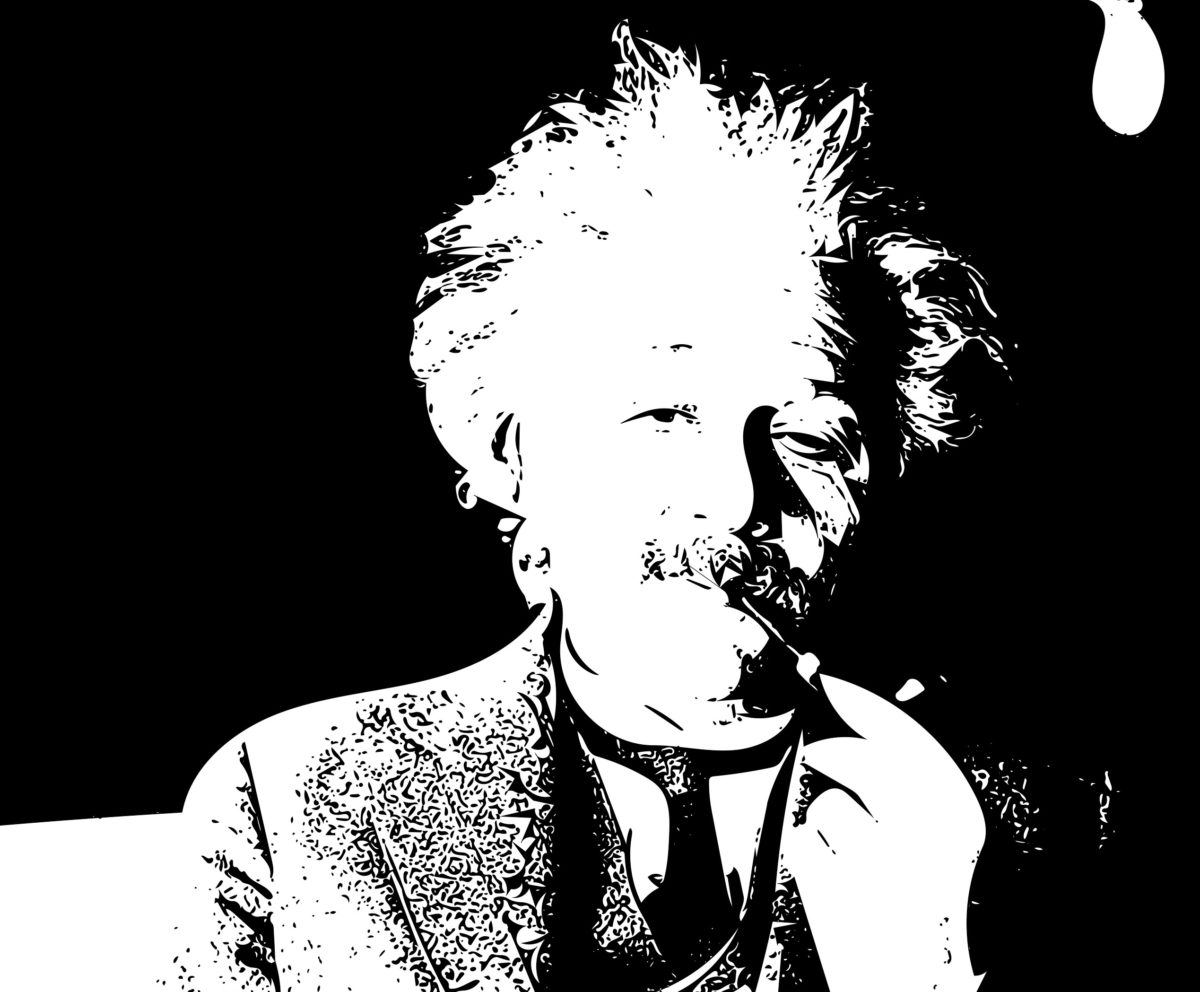
Ethical axioms are found and tested not very differently from the axioms of science. Truth is what stands the test of experience.

A book is more effective than a carved tombstone or a permanent sepulcher. They serve as chapels and mausolea in the mind of him who proclaims their names.
Papyrus Chester Beatty IV, a Ramesside document, British Museum (10684), in “Be a Writer,” Toby Wilkinson, translator and editor, Writings from Ancient Egypt (Penguin Classics 2016). [edited for clarity in image]
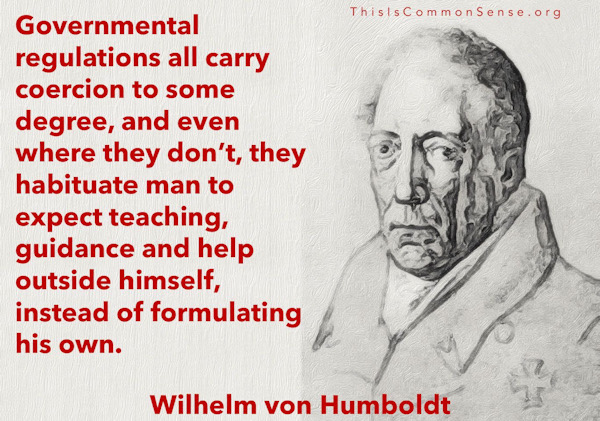
Governmental regulations all carry coercion to some degree, and even where they don’t, they habituate man to expect teaching, guidance and help outside himself, instead of formulating his own.
Wilhelm von Humboldt, as quoted in David Sidorsky, The Liberal Tradition in European Thought (1971), p. 73.
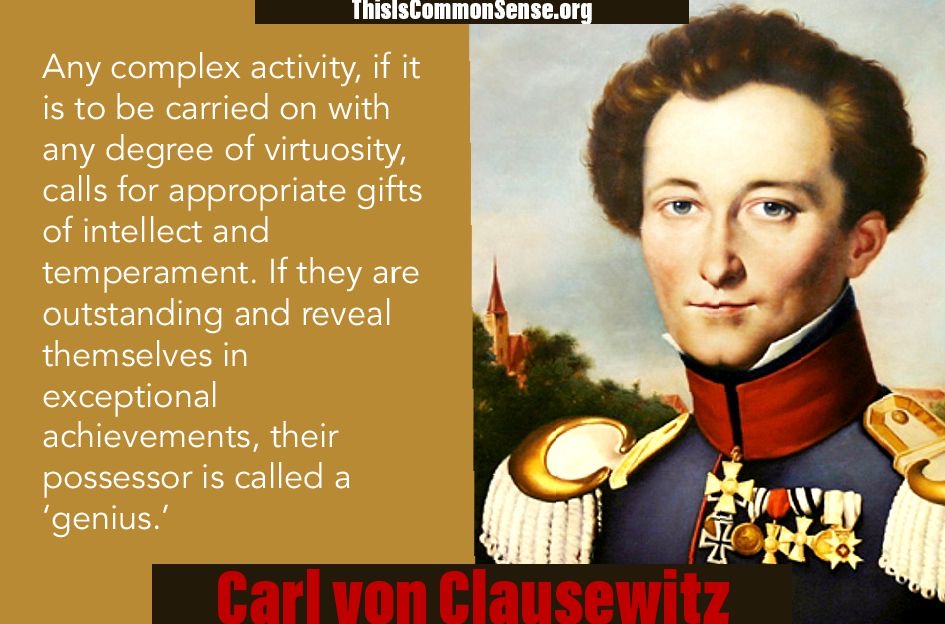
Any complex activity, if it is to be carried on with any degree of virtuosity, calls for appropriate gifts of intellect and temperament. If they are outstanding and reveal themselves in exceptional achievements, their possessor is called a ‘genius.’
Carl von Clausewitz, On War (1832), Book One.
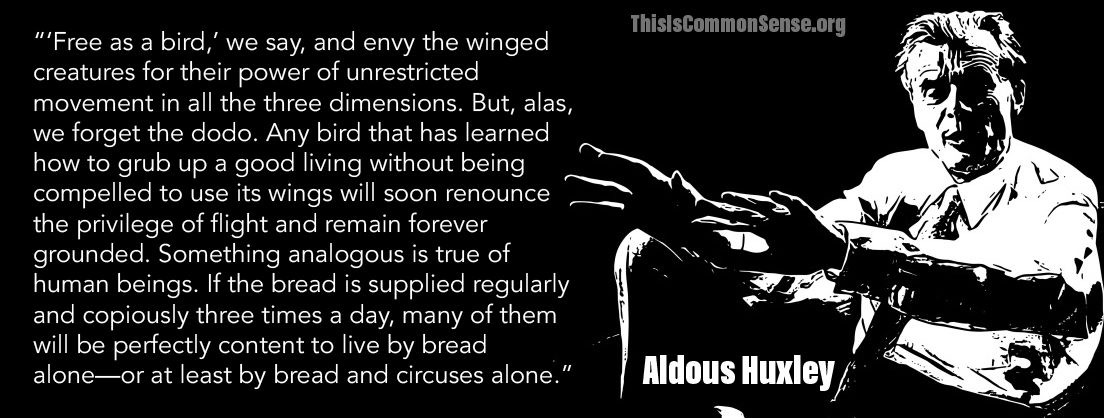
“Free as a bird,” we say, and envy the winged creatures for their power of unrestricted movement in all the three dimensions. But, alas, we forget the dodo. Any bird that has learned how to grub up a good living without being compelled to use its wings will soon renounce the privilege of flight and remain forever grounded. Something analogous is true of human beings. If the bread is supplied regularly and copiously three times a day, many of them will be perfectly content to live by bread alone — or at least by bread and circuses alone.
Aldous Huxley, Brave New World Revisited (1958).